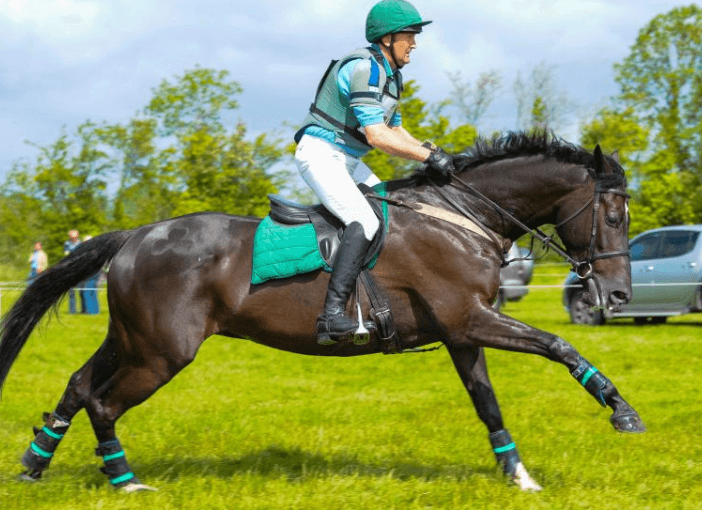Horse racing is not just a test of speed and equine athleticism—it is also a mental game. Behind every winning horse is a jockey whose psychological strength, decision-making, and emotional intelligence can make the difference between victory and defeat. Understanding the psychology of a jockey provides insight into why some riders consistently excel at the highest levels.
This article explores the key mental traits, decision-making processes, and psychological strategies that make a great jockey.
1. Focus and Concentration
A top jockey must maintain laser-sharp focus throughout a race:
- Split-Second Decisions: Races last only minutes, but every second requires critical choices about pace, positioning, and timing.
- Distraction Management: Crowds, noise, and shifting track conditions demand mental resilience and the ability to block out distractions.
- Situational Awareness: Understanding the dynamics of the race, including competitors’ strategies, is essential.
Concentration allows jockeys to react instinctively yet strategically, optimizing the horse’s performance.
2. Risk Management and Decision-Making
Horse racing is inherently risky, and successful jockeys excel at assessing and managing risk:
- Positioning: Choosing when to move ahead or hold back can determine the outcome of a race.
- Pace Judgment: Misjudging speed can exhaust the horse or leave a gap for competitors.
- Adaptive Thinking: Adjusting strategies mid-race is critical for handling unexpected situations.
A great jockey blends courage with calculated risk, balancing aggression with prudence.
3. Emotional Control and Composure
Racing requires emotional discipline under pressure:
- Managing Anxiety: High-stakes races can be stressful; controlling nerves is vital.
- Confidence Under Pressure: Belief in one’s skills and the horse’s ability helps maintain focus.
- Recovering from Setbacks: Successful jockeys bounce back quickly from mistakes or losses.
Emotional regulation ensures jockeys make rational decisions in split-second scenarios.
4. Bond with the Horse
A jockey’s connection with their horse is a key psychological component:
- Understanding Temperament: Recognizing how a horse responds to pressure, cues, and speed changes is essential.
- Communication: Subtle shifts in weight, rein pressure, and leg cues guide the horse effectively.
- Trust Building: Horses perform best when they trust their rider, requiring patience and consistency.
This relationship turns a race into a synchronized partnership rather than just a competition.
5. Mental Resilience and Endurance
Jockeys face intense physical and mental demands:
- Physical Strain: Maintaining weight, balance, and strength requires discipline.
- Mental Fatigue: Multiple races and constant focus test cognitive endurance.
- Long-Term Commitment: Training, travel, and high expectations demand resilience over a career spanning decades.
Endurance and resilience are as critical as technical skill and strategy.
6. Strategic Thinking and Anticipation
The best jockeys are also master strategists:
- Pre-Race Planning: Studying competitors, track conditions, and horse performance informs strategy.
- Anticipation Skills: Predicting opponents’ moves allows jockeys to capitalize on openings.
- Split-Second Adaptation: Adjusting tactics during the race separates good riders from great ones.
Strategic intelligence combines experience, analysis, and instinct.
7. Confidence and Self-Belief
A jockey’s mindset can directly influence performance:
- Positive Reinforcement: Believing in one’s skill boosts performance under pressure.
- Goal Orientation: Focus on objectives rather than distractions improves execution.
- Competitive Drive: Motivation to win fuels training, preparation, and peak performance.
Confidence translates into decisive actions and better synergy with the horse.
Conclusion
A great jockey is much more than a skilled rider—they are a strategist, psychologist, and athlete in one. Focus, emotional control, risk management, resilience, and a strong bond with their horse define the mental framework necessary for success.
Understanding the psychology behind riding highlights why horse racing is not only about speed but also about mental mastery. The best riders combine physical skill with cognitive and emotional intelligence, turning every race into a high-stakes mental and physical performance.
